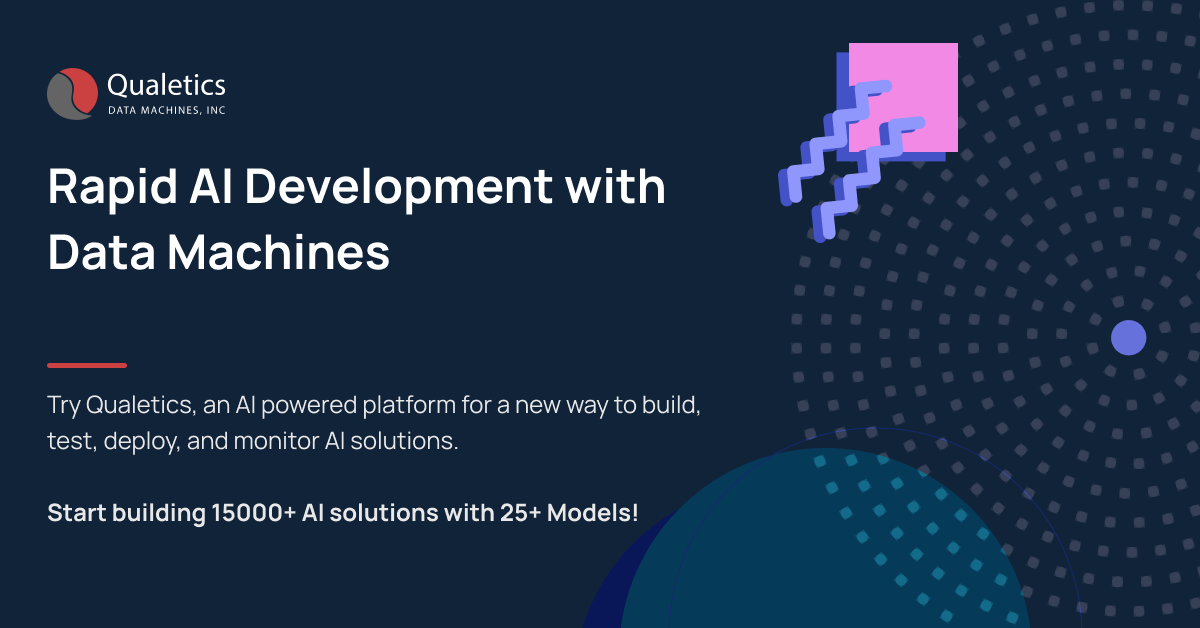AI in EHRs: Using AI To Improve Electronic Health Records
The healthcare industry’s recent transformation can be attributed to the adoption of the latest technologies like Artificial Intelligence (AI), Data Science, etc. AI in EHRs (Electronic Health Records) is primarily applied for the improvement of data discovery, extraction, and personalized recommendations for treatments.
Advancements in medical imaging and the proliferation of clinical diagnostics and screenings generate large volumes of data on patient health. The main challenge with EHRs for large, integrated healthcare delivery systems is that they are often considered as inflexible, difficult to use and expensive to configure. Data regarding care procedures, patient, administrative process, etc also cannot be captured efficiently by EHRs.
There are limited options to bridge this gap between systems and procedures and improve this misalignment. Designing easily integrating and streamlined EHR systems can help in this respect as they fit into the workflows better. The development of such systems is time-consuming and difficult. In such scenarios, open-source EHRs provide some respite as the software is available for free. Though the software is free, to provide customized EHR systems again will require a good amount of programming and infrastructure. These open-source systems are incautiously maintained as the systems are majorly designed for small medical practices.
Unlike the above two mentioned options, AI in EHR is more promising because applying AI can make the EHR systems more flexible and incisive. AI has great potential in making these systems more physician-friendly.
Why AI in EHR?
AI-powered EHR systems seamlessly integrate and offer solutions with a variety of functionalities. Machine learning and Natural Language Processing (NLP) can help in recording the medical experiences of the patients, organizing the large EHR data banks for finding important documents, gauging patient satisfaction, etc. The machine learning models merged with NLP can help healthcare providers in transcribing the speech from the voice recognition system into text. The algorithms can be trained well on large volumes of patient data on patient’s treatment, equipment used for treatment, respective doctor, etc and carefully segmented based upon the individual patient, illness, treatment for illness, etc. This will enhance the document and information search from the large databases. Not just medical transcription and document search, but Machine learning and predictive analytics models also equip healthcare providers with analytics on patient satisfaction or help predict patient risk. These applications of AI in EHR systems are broadly classified and briefly explained below.
AI Applications in EHR Systems
Extraction of data
Healthcare providers can extract patient data from various sources like fax, clinical data, provider notes, etc by leveraging AI and recognize key terms that reveal actionable insights.
Predictive Analytics
Predictive models from the big data will help to alert the physicians on potentially lethal diseases. AI can also power up medical image interpretation algorithms that could be integrated into the EHRs and provide decision support and treatment strategies.
Clinical Documentation
Healthcare companies leverage AI to develop NLP-powered tools that can integrate with the EHRs in capturing data from the clinical notes, thereby, allowing physicians to focus more on their patients and the treatments.
Decision Support
Decisions on treatment procedures and strategies are usually generic. But with AI imbibed into the systems, more machine learning solutions that enable personalized care and learn on new and real-time data are emerging.
During emergencies, the EHRs act as life-saviors by providing the complete medical history of the patient because they are stored electronically and enable healthcare providers to access patient data from any location. They improve and enhance communication, not just amongst the physicians, but also between physicians and patients. Enhanced communication always leads to improved care. Despite the very common challenges like physician burnout, costs involved, and lack of interoperability between disparate systems, EHRs have the potential to provide great value to the healthcare system.
If you’re an EHR vendor and want to enhance your EHR software’s capabilities with AI and other data technologies then Qualetics, our AI platform, can help you do it without the barriers of time, investments, and resources. Know more about Qualetics by booking a Free Demo here.


